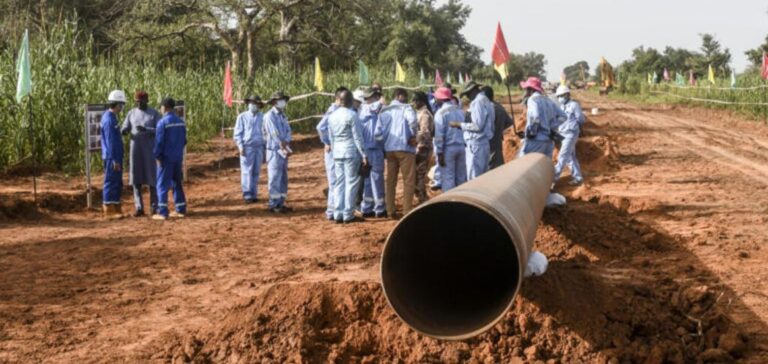The government of Niger and China National Petroleum Corporation (CNPC) have formalized an agreement for the joint marketing of crude oil. The agreement was formalized at a signing ceremony in Niamey, attended by Niger’s Prime Minister, Ali Mahaman Lamine Zeine, and CNPC Chairman Zhou Zuokun.
Financial structure of the advance
Under the terms of the contract, China will provide Niger with an advance of $400 million. This amount will be repaid over twelve months at an interest rate of 7%, using revenues from Niger’s crude oil sales, due to begin internationally in May.
Use of funds
Niger’s Prime Minister assured us that these funds would be managed transparently, and would be used primarily for the country’s defense and security. Niger, faced with recurrent jihadist violence, will also use these funds to honor other national commitments, and for investment in agricultural development and improved medical provision.
Oil infrastructure development
The marketing of Nigerian crude oil on the international market was initially scheduled for January 2024, but has now been postponed until May. Niger will receive 25.4% of the revenue from the 90,000 barrels per day produced, which will be transported to the sea via Benin via a giant pipeline almost 2,000 km long.
Despite the lifting of regional sanctions imposed by the Economic Community of West African States (Ecowas), Niger is keeping its border with Benin closed. The country, mainly a uranium producer and one of the poorest in the world, aims to increase its oil production to 200,000 barrels per day by 2026, thanks to mainly Chinese investment.





















